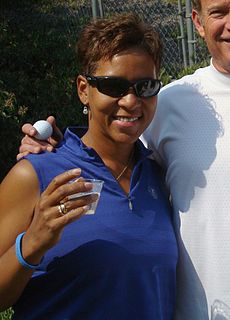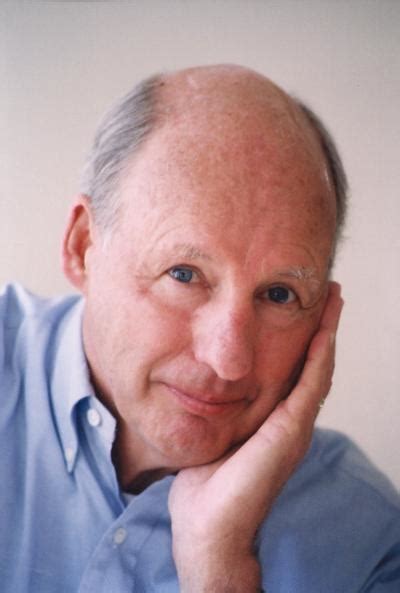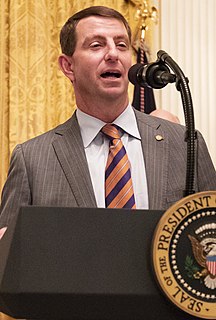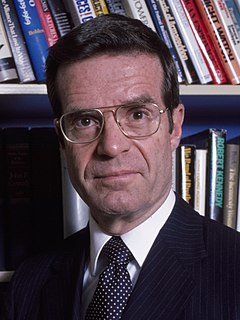A Quote by Katrina Adams
As athletes, the biggest asset that we bring to the workplace is our work ethic, our confidence, our never-say-die attitude. We're about winning.
Related Quotes
Our philosophy about activity and our attitude about hard work will affect the quality of our lives. What we decide about the rightful ratio of labor to rest will establish a certain work ethic. That work ethic - our attitude about the amount of labor we are willing to commit to future fortune - will determine how substantial or how meager that fortune turns out to be.
Our environment, the world in which we live and work, is a mirror of our attitude and expectations. If we feel that our environment could stand some improvement, we can bring about that change for the better by improving our attitude. The world plays no favorites. It's impersonal. It doesn't care who succeeds and who fails. Nor does it care if we change. Our attitude toward life doesn't affect the world and the people in it nearly as much as it affects us.
A mountain of evidence shows that our bodies are pushing, shaping, even leading our thoughts, feelings, and behaviors. That the body affects the mind is, it's fair to say, incontestable. And it's doing so in ways that either facilitate or impede our ability to bring our authentic best selves to our biggest challenges.
As women, we're presented this false choice that is either our children or our work. But I don't think I fully understood the paradox until I had a child. I bring my son to work and let other parents do the same. I am very intentional about the workplace that I create, and my son is a big part of that.
It sometimes feels like the workplace is immune from social upheaval. We go to work and do the best we can, and at the end of the day, we return to our lives. We don't abandon who we are, however, when we begin and end our workday. Who we are shapes how we are perceived in the workplace and, in turn, how we perform in the workplace.
By our attitude, we decide to read, or not to read. By our attitude, we decide to try or give up. By our attitude, we blame ourselves for our failure, or we blame others. Our attitude determines whether we tell the truth or lie, act or procrastinate, advance or recede, and by our own attitude we and we alone actually decide whether to succeed or fail.
The most important ingredient we put into any relationship is not what we say or what we do, but what we are. And if our words and our actions come from superficial human relations techniques (the Personality Ethic) rather than from our own inner core (the Character Ethic), others will sense that duplicity. We simply won't be able to create and sustain the foundation necessary for effective interdependence.
Well, that's exactly the wrong attitude. That is not the attitude they had in World War II. You're attitude is that freedom means you can do whatever you want whenever you want it. And that sacrifice is somehow un-American. [...] But the idea that we should also be defensive about our flaws and our weaknesses and our vulnerabilities is ridiculous.





































